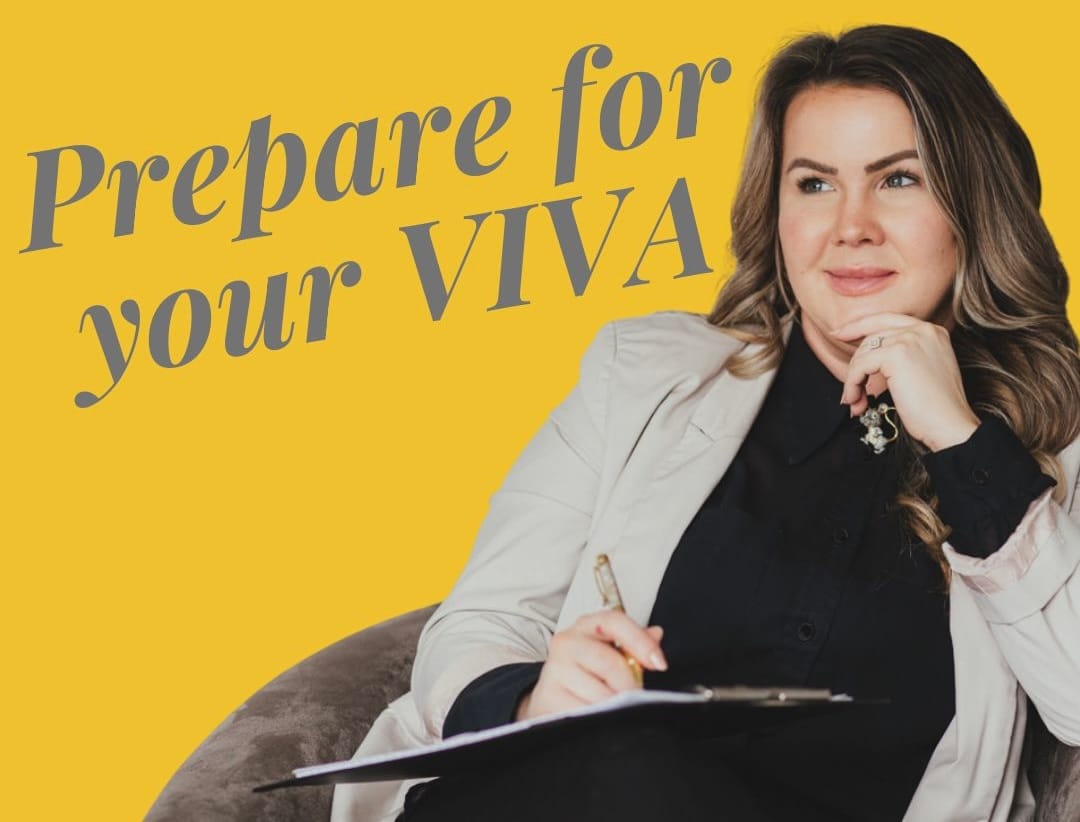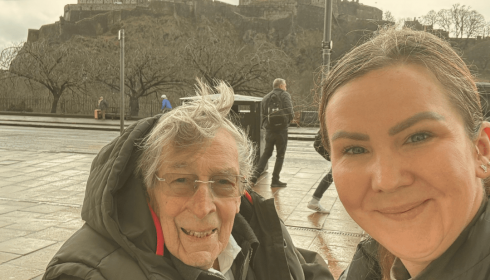Facing your viva can feel like standing at the edge of a cliff, you know you’ve done the climb, but there’s still one last leap to make. For me, that leap was both exhilarating and nerve-wracking. When I filmed my YouTube video, “How I Passed My Viva. DPsych Viva Experience, Tips, Common Questions and What to Expect”, I wanted to give viewers a real insight into the process, warts and all. But I quickly realised something important: the strategies I used to prepare weren’t just useful for a viva. They apply to any high-pressure situation where you need to communicate clearly, think on your feet, and demonstrate your expertise.
Before we get into this, let me explaine what Is a viva and why it matters
A viva (short for viva voce, meaning “with living voice”) is an oral examination where you defend your thesis in front of appointed examiners. They assess your understanding, methodology, and contribution to your field. Whether you’re completing a PhD, DPsych, or other doctoral programme, the viva is your opportunity to showcase your expertise and have an academic discussion about your work.
So in this blog, I’ll share my viva story alongside lessons you can use, whether you’re preparing for your own doctoral defence, a big job interview, a conference presentation, or an important client pitch.
Lesson 1: Know Your Material Inside-Out
For Viva Candidates:
Read your thesis multiple times until you can confidently navigate to any section. Summarise each chapter on a single page and make margin notes for quick reference. Post-it notes are your bestie.
For Everyone Else:
If you’re preparing for a big presentation or meeting, know your content so well that you can adapt if the conversation takes an unexpected turn. This isn’t about memorising a script, it’s about being fluent in your subject.
Lesson 2: Anticipate Likely Questions
For Viva Candidates:
In my video, I share common viva questions such as:
- Why did you choose this research topic?
- What are the limitations of your work?
- How does it contribute to the existing literature?
Prepare answers for both the big-picture and the detailed queries, and practise saying them out loud. Many peers who had done their viva shared the importance of speaking about your subject, you are so used to writing it but there is a difference in writing it and knowing it and then speaking it.
For Everyone Else:
Think ahead about what your audience might ask, whether that’s an employer, a client, or a conference attendee. If you can anticipate and rehearse your answers, you’ll handle the unexpected with more confidence.
Lesson 3: Manage Your Mindset
For Viva Candidates:
I approached my viva as a discussion, not an interrogation (please don’t get sucked into all the horror stories). Know what works for you, so I used breathing techniques, had my atomiser on, did some yoga and reminded myself: I am the expert on my own research.
For Everyone Else:
In any high-pressure situation, framing it as a conversation rather than a test reduces anxiety and helps you connect with your audience. Mindset is just as important as preparation.
Lesson 4: It’s Okay to Pause
For Viva Candidates:
When faced with an unexpected question, I sometimes paused before answering. A short silence to gather your thoughts shows composure, not weakness.
For Everyone Else:
Whether you’re in an interview or pitching an idea, it’s better to pause and deliver a thoughtful answer than to rush into a response that doesn’t quite land.
Lesson 5: Celebrate the Achievement
For Viva Candidates:
The viva marks the end of years of hard work, acknowledge that. Soak up all the emotions, I was shocked and absolutely thrilled and so many other emotions in between. So pause and take it all in.
For Everyone Else:
Finishing a major presentation, securing a client, or successfully leading a meeting is worth celebrating. Recognising your own progress boosts confidence for the next challenge.
Final Thoughts
If your viva is on the horizon, prepare thoroughly, anticipate questions, and approach it as a constructive conversation. If you’re facing another type of high-stakes discussion, those same skills apply: know your material, think ahead, manage your mindset, and embrace the moment.
For a full breakdown of my DPsych viva experience, including common questions, how I prepared, and what actually happened watch my YouTube video How I Passed My Viva.




